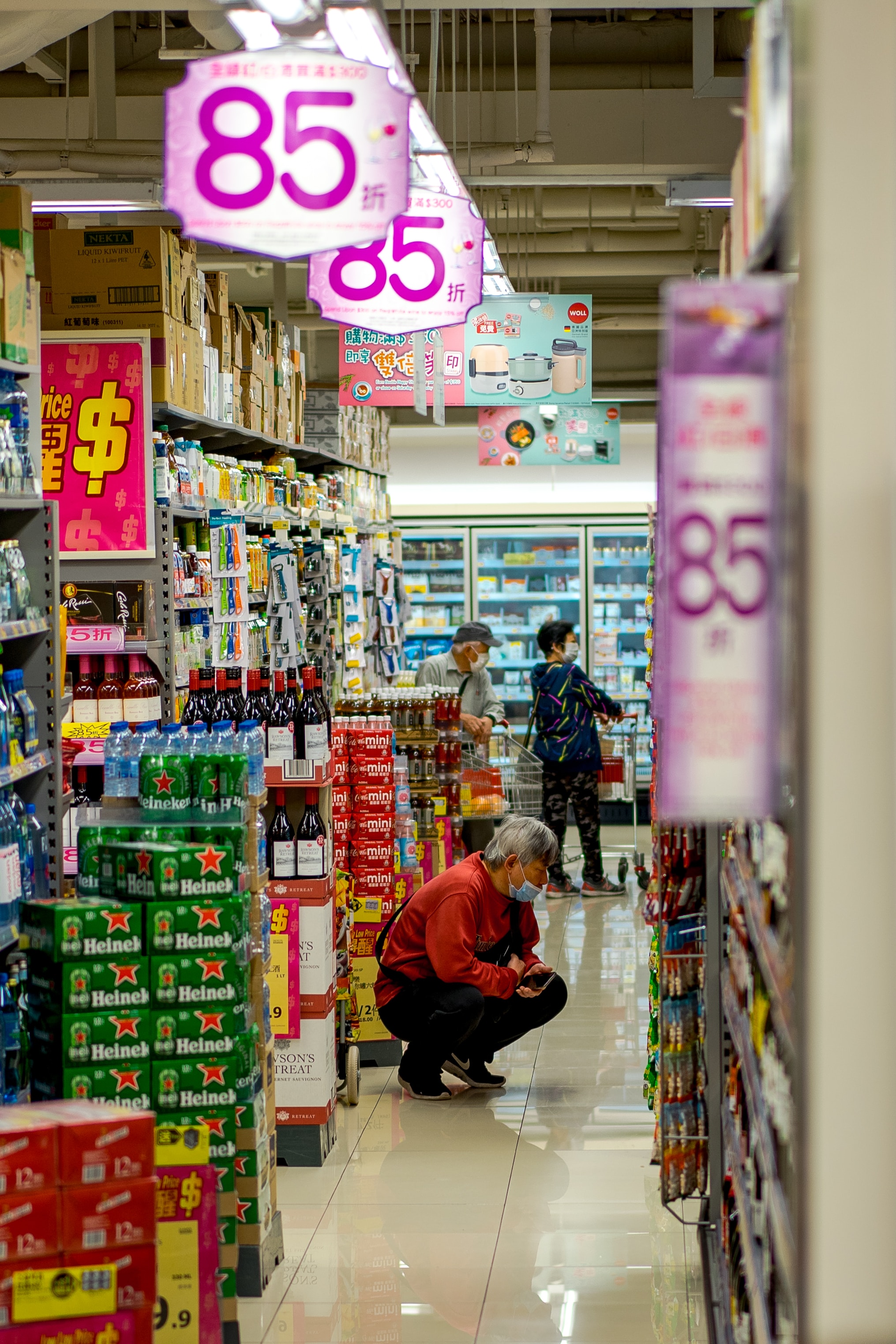페이지 정보
본문

A reflection on my personal consumption and its environmental impacts
For this podcast, I talk about my realizations about the amount of waste that I produce through consumption.
Recorded by Hazel
May 05, 2023
Script
Hello to everyone! I hope you are all enjoying the pleasant weather. In this podcast I would like to talk about the changes in my consumption behavior when I moved to Korea from the Philippines. It is necessary to be cognizant about our patterns of consumption, because it is one of the three ways by which humans directly impact the environment. The environment is affected in the following ways: harvesting of resources for our needs and wants, emission of wastes in manufacturing processes, and the emission of wastes in the consumption of goods and services (Knox and Marston, 2016). Most people do not pay attention to their consumption and are not aware about the broader implications of our personal choices and behavior. I have actually started to notice these changes when I first moved here in August last year. It was quite challenging to adjust to living alone as I have always lived with people for most of my life. In the previous semester, I was also living in the student dormitory where it is not that easy to cook food like I used to. I had to rely on delivery services, restaurant take-out, and convenience store food for my meals. Living this way meant that I was producing more waste than before, because of the individual packaging of the goods that I consume. When I was in the Philippines, I usually went to the supermarket twice a month and I am used to purchasing things in bulk. I also bought a lot of vegetables, fruits, and fresh meat that I can cook for the family. That was not an option when I moved to South Korea. The dormitory refrigerator was tiny and I could not buy and store as much food as I would have wanted. In my previous story, I have mentioned how diet is actually a main contributor to the emission of greenhouse gases, and aside from that realization, I have also started to be aware of the amount of packaging that my food comes in. Korea's garbage disposal system is not only geared towards more efficient recycling and getting rid of waste, but it also makes the people realize how much waste one can generate. I think that having to pay for the garbage bags is effective, too, because it will encourage people to produce less trash. Based on the previous weeks, I usually need to throw out a 10L trash bag after around 10 days. I have started to choose items now that are not individually packed, because these contribute more plastic waste. My current apartment now does not have a water purifier and I have to rely on the delivery of bottled water for my consumption. I know that these bottles are recyclable, however, energy is still necessary for these recycling processes. I have faced a similar dilemma when I lived in the United States. A lot of people relied on bottled water and sadly it is a necessary part of everyday life. That's it for this month's podcast! I think that being aware of our personal choices and our impact on the environment is necessary and I hope that I was able to start the conversation about consumption and environmental impact in this podcast. Keep safe, everyone, and enjoy the spring! References: Knox, P.L. & Marston, S.A. (2016). Places and Regions in Global Context: Human Geography Global Edition. New Jersey, NJ: Prentice Hall, Inc. Photo credit: https://unsplash.com/photos/t4xqgMuudlw
첨부파일
-
Podcast1.m4a (2.6M)
0회 다운로드 | DATE : 2023-05-05 19:06:26
